
Scientific journals place less trust in women researchers
An analysis of more than 36 million articles written by women shows that the gender gap in research is also reflected in specialized journals

An analysis of more than 36 million articles written by women shows that the gender gap in research is also reflected in specialized journals

The biochemist’s company, Vega Oncotargets, has toned down its message after the false expectations generated by the announcement of a promising experiment with 45 ‘cured’ mice

A new study unravels the mysteries of self-fermentation as research identifies the bacteria responsible for a rare disorder that causes people to be drunk without drinking alcohol
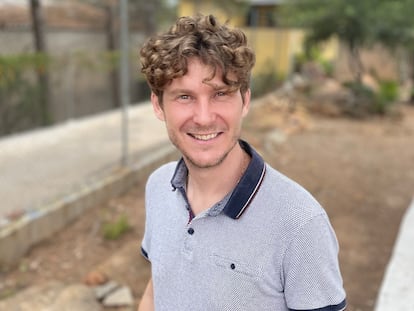
Spanish scientist Pascual Diago has published a delusional study to denounce the invasion of fraudulent publishers in science.

A study conducted in Sweden with a sample of 2.7 million people refutes the idea that there is a higher prevalence in men
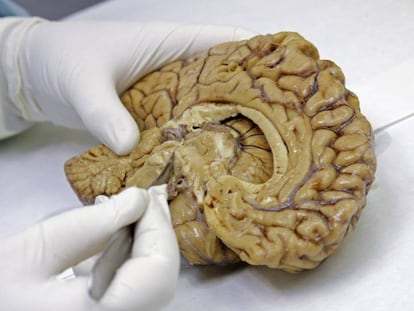
The analysis of nearly 900 participants highlights the importance of the region that transforms thought into movement, helping explain why many patients experience non‑motor symptoms

The fermentation of the beverage allowed science to observe something that until then had been invisible: germs

The scientist, a pioneer in neural networks, warns that ‘the capabilities of artificial intelligence continue to advance at a rate which seems faster than risk management practices’

Preventable infections drive deaths in women, while tobacco dominates among men, according to the WHO’s most extensive study yet

Scientists from the Miguel Hernández University of Elche stimulated the visual cortex of the patient until he was able to perceive light, movement, and even large letters

A new review of data from thousands of twins estimates that up to 55% of lifespan is hereditary

Dozens of colonies of three species show the same trend, which could produce unclear ecological consequences
An analysis of 100,000 special issues of academic journals reveals that one in eight is filled with articles written by the editor, particularly at the publisher MDPI

Raised as a pet in southern Austria, her solution to bothersome horseflies has changed what was known about animal intelligence
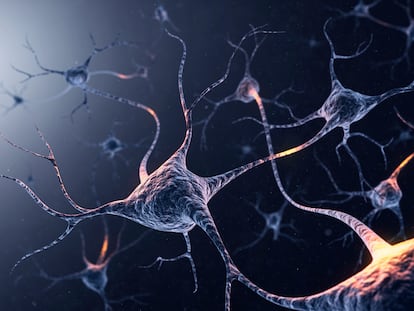
Recent studies debunk the great neuroscientific myth of social networks and the maturity of gray matter
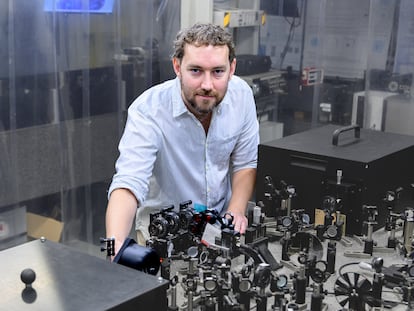
A Canadian has been awarded for his ultra-fast pulses of light, a compass to discover the microworld
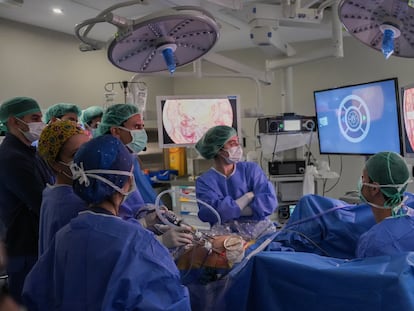
The preventive immunization Nous-209 works in an initial trial with patients who have 17 times the risk of developing tumors compared to the general population
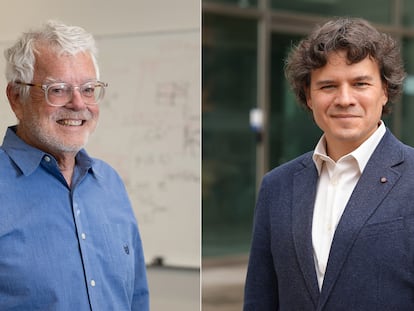
Pablo Jarillo-Herrero and Allan MacDonald received the BBVA Foundation Frontiers of Knowledge Award for pioneering work that allows the behavior of new materials to be transformed and controlled
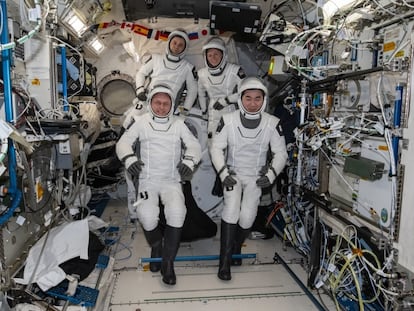
The four crew members landed safely on Thursday off the coast of California and will spend the night in a San Diego hospital to protect the privacy of the affected astronaut
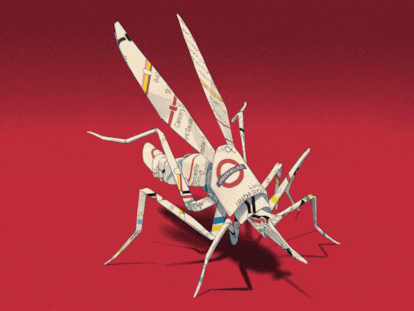
Humans influence the evolution of plants and animals. Sometimes actively, sometimes indirectly. The case of the Tube mosquito is a good example

A study shows that, in the most sedentary people, small amounts of activity are linked to significant health benefits

The researcher is a pioneer in techniques for manipulating mice brains to change how they recall past events
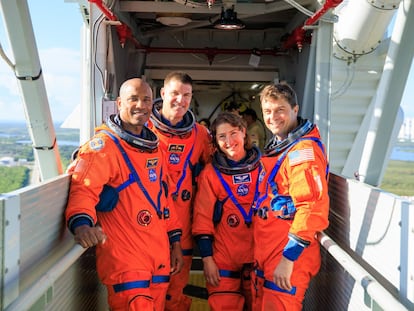
NASA will start the process to launch the first crewed mission to the moon in half a century next month in a new space race with China
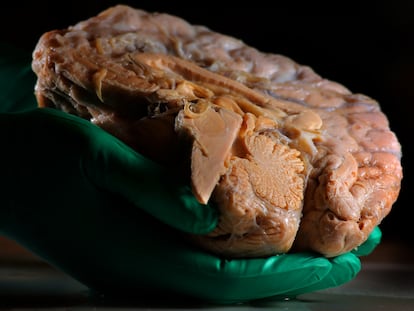
Procrastination has a name: the VS–VP circuit — and this team of researchers has ideas for how to switch it off

How do cell phones affect our memories? What percentage of them are imagined? A group of neuroscientists is trying to unravel the secrets of one of the brain’s most common and least understood functions

Biologist Eduard Batlle used to spend his weekends at his parents’ confectionery. Now he’s one of the six inventors of petosemtamab, a revolutionary experimental treatment for tumors that’s been acquired by a Danish company
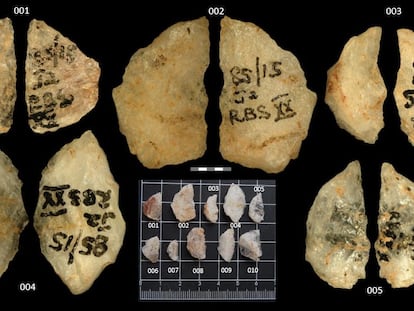
The finding in South Africa identifies toxic alkaloids in these projectiles, used for hunting during the Paleolithic era